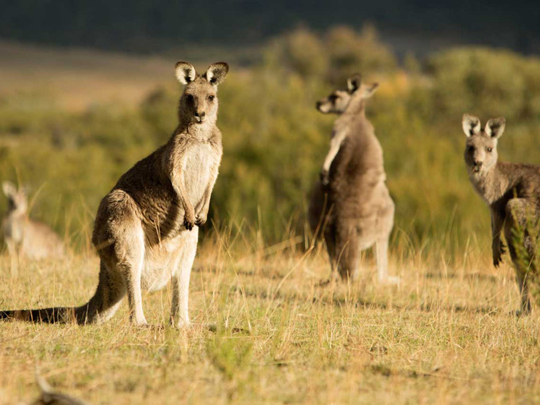
Usage and time are generally not good friends. They evolve at different speeds, and usage in all instances gives up the race and dies out. Nobody today speaks, or says things, like Chaucer and his peers did back in the 14th century; as in this example extracted from the Wife of Bath’s prologue, from Chaucer’s famous Canterbury Tales: ‘Whan that my fourthe housbonde was on beere/I weep algate, and made sory cheere,/As wyves mooten, for it is usage.’
In the 21st century, the Wife of Bath would simply have stated: ‘When my fourth husband died/I wept all day and acted sorry/as wives must do for that is the custom.’ Incidentally, usage has evolved to such an extent in some cases that, in the above example, ‘Whan that my fourthe housbonde was on beere’ could easily be misinterpreted to mean, ‘When my husband took to drink’!
These days, we rarely if ever encounter the word ‘bier’, the movable frame on which a coffin is placed. Which, of course, is how, in time, words from one century get to mean something totally different five centuries hence.
All of which is another story for another time, I’m afraid. For this column, I want to stay for a bit with usage. Was a time when ‘playing skippy’ simply meant cutting classes, or skipping lessons (and going off to the cinema, in my case: several times!)
In Australia, of course, skippy alludes to one thing primarily: The kangaroo. Skippy has been immortalised in television shows and in children’s books, and generations have grown up on Skippy’s exploits. Which is all very well. This is the power of a medium to implant a concept in the mind of the viewer that can sometimes not be entirely accurate.
The kangaroo, mind you, is a lovable animal — when viewed from a distance. And after reading a few Skippy books or watching an adorable episode on TV one is easily encouraged to rush forward and give the dear thing a gentle pat on the head. Be warned: This is not a good idea. Some of them, in the zoos, will let you do that. Others in the wild may not be inclined to encourage such proximity, as has been the case recently.
If one is living in a country-side house with minimal human population, and one’s nearest neighbours are about 93 kangaroos (at the last count); and if one has three small children, then clearly there’s a need to be extremely vigilant. Because this is the real world of the real Skippy and the kangaroo is just another animal with animal instincts. It has to live, eat, mate and, in this last regard, it has to deal with ‘the competition’, especially at mating time; the older dominant males keep a watchful eye for the young bucks flexing their muscles, announcing their presence and their soon-to-take-over dominance. In other words, there’s a lot of tension and aggression around, come mating time.
If a two-year-old child somehow gets caught up in the aforementioned scenario, sadly it could get viewed through the narrow prism of Skippy’s mind, as another competitor. Or, the aggressive tendency could simply be already overflowing in the animal and it finds in the young child an object on which it can vent some of that frustration.
Recently, a brave mum out in the country was forced to virtually put on her boxing gloves, summon up a lot of courage (which is easy to do if your two-year-old is being attacked) and do her best to fight off a marauding kangaroo. The physical damage that it has left to the young child (who survived, thankfully) may never be outgrown, according to the doctor.
All of which is a good reminder not to get swept away by the creative narrative. An animal will be just that: An animal. It’s a word that’s kept pace with time.
Kevin Martin is a journalist based in Sydney, Australia.










